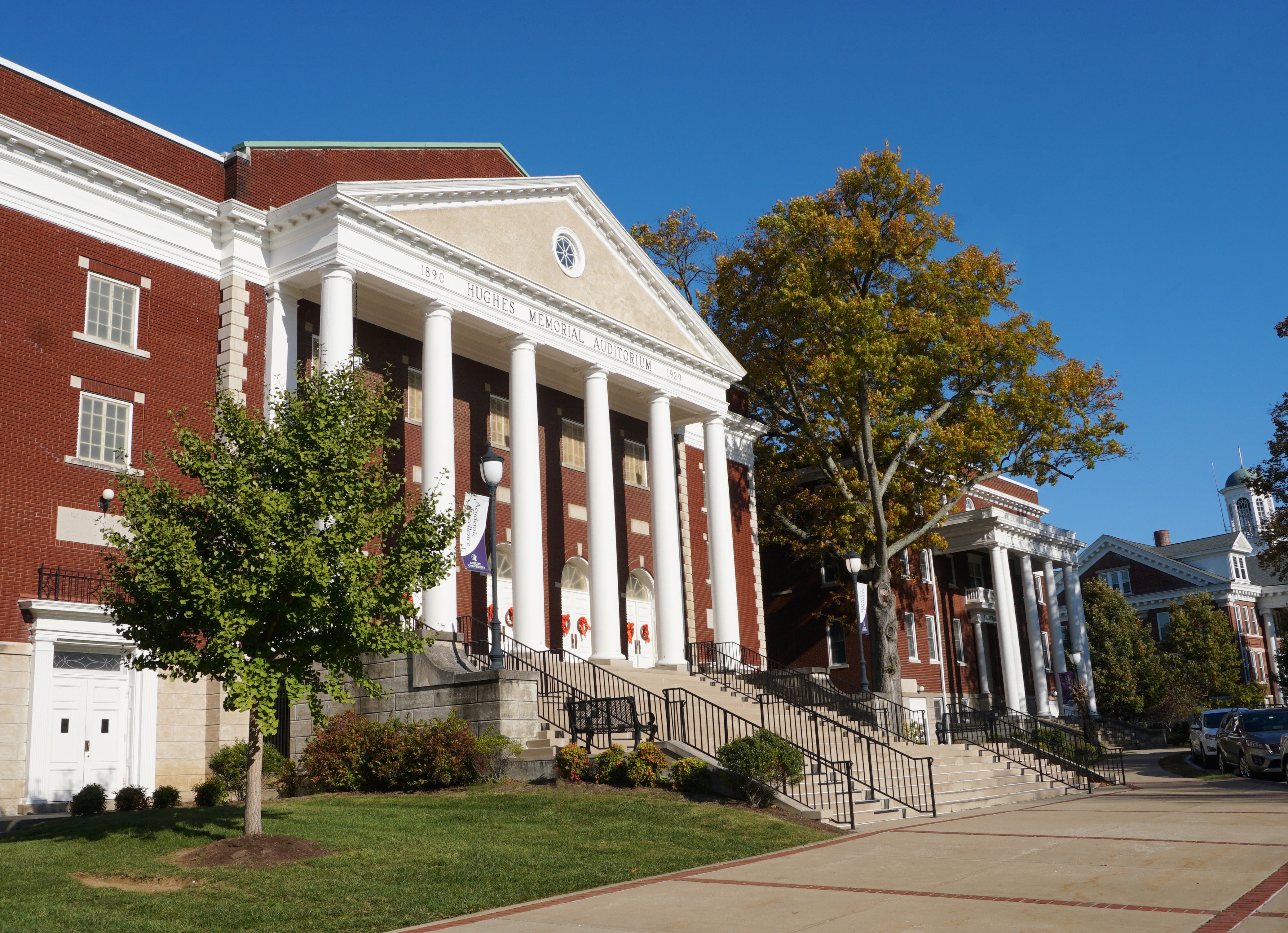Asbury to host second annual Embrace Conference
Published 10:22 am Thursday, October 24, 2019
|
Getting your Trinity Audio player ready...
|
From staff reports
What mutuality looks like in the context of our Christian faith is the question Asbury University’s second annual Embrace Conference hopes to answer next month.
“The work of racial reconciliation is productive when done together,” Rev. Esther Jadhav, assistant vice president for Intercultural Affairs, said of the heart behind the conference. “We are looking forward to growing in the approach we pursue in this work of racial reconciliation as a result of the conference. That approach being mutuality, all ethnicities working together shouldering the responsibility of restoring human dignity where it is not.”
Hosted by the Office of Intercultural Affairs, the conference will spotlight the role of Christians in the work of racial reconciliation in our world today and will be held Nov. 19 through Nov. 20 on Asbury’s campus.
Bishop Leonard Fairley will serve as the conference’s keynote speaker. Fairley has served as bishop of the Kentucky Annual Conference since September 2016. He has served the North Carolina Annual Conference since 1984 and has published a book of poetry entitled “Who Shall Hear My Voice.”
There will also be a Tuesday night discussion led by Fayette County Clerk Shea Brown and Andrew Russell. Brown and Russell will discuss their work with “(Re)Imagine Cheapside.”
“These individuals worked together in connection with ‘(Re)Imagine Cheapside’ to uncover records of enslaved persons in the Fayette Country Records,” said Maria Brown, Intercultural Affairs coordinator. “This is significant because people who were enslaved were not recorded as people in the county records, but as property. Brown and Russell will be talking about the significance of their work and the implications for us today.”
Embrace will also feature breakout sessions led by Asbury students and faculty.
“We hope that students will be challenged to think about the context we are in– both our historical and our contemporary context,” Brown said. “We hope that they will hear perspectives and experiences that will lead to challenging and fruitful conversations. But we also hope that students will learn to listen in ways that move the conversation about racial reconciliation forward.”
Last year’s Embrace Conference saw more than 300 students, faculty, staff and visitors through a variety of sessions, a Chapel service and several meals. Jadhav hopes that this year’s conference will have students asking questions about their place in racial reconciliation.
“As a result of the conference, we hope our community will ask and converse around some poignant questions such as, ‘Do I have a part in this work of reconciliation?’” Jadhav said. “’How can I participate in this reconciliation work?’ and ‘What part is God inviting me to have in this work of racial reconciliation and where?’



